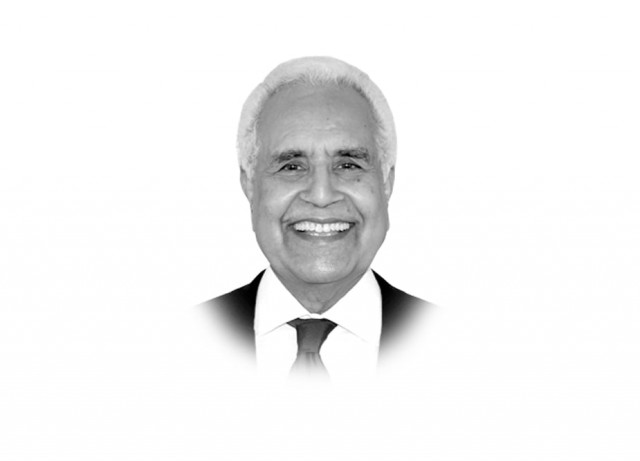Natural calamities and leadership
I have never understood why our president and PM throw their hands up in the air as soon as a calamity strikes.

I have never understood why, by contrast, our president and prime minister throw their hands up in the air as soon as a calamity strikes, seeking international assistance. Rather than mobilise their own people and develop national synergy, they reach for the begging bowl.
In the case of the present floods, the president has asked the Asian Development Bank and the World Bank to come and assess the flood damage, while pleading for international support. Similarly, Prime Minister Gilani says Pakistan cannot deal with the flood emergency alone. He begged rich countries to help. As for their concern for the people, the president remained abroad, and the PM mostly in his official palace while the floods played havoc with the people.
Foreign aid is a mixed blessing and no sensible country takes it without first going through all the pros and cons. Apart from the fact that most of it has to be paid back — with interest — it constrains your sense of independence. Emergency aid is pledged in response to flash appeals issued by international NGOs, volunteer organisations and the UN. Media coverage of a calamity goes a long way to activate the response of the donor countries. So it is not understood why the president and the prime minister compete for the begging bowl.
Do the president and the prime minister believe that the donor countries will increase amounts if they see our leaders begging? On the contrary: government appeals are regarded with suspicion. As it is, Pakistan has a credibility problem, especially amongst the aid giving countries. They would be happier to channel funds through non-governmental agencies, the UN or directly.
But in all natural disasters, in the end it is the mobilisation of the people and their resilience that makes a difference. Foreign assistance notwithstanding, it is the people themselves who ultimately pick up the pieces.
The pledging of aid in emergencies is a proactive process in the donor countries. Much more than the statements coming out of Islamabad their concerns are transparency and accountability in the use of funds. And it is here that the president and the prime minister can help in the form of better governance.
US Senator John Kerry, the Chairman of the Senate Foreign Relations Committee, who visited Pakistan recently to get a first-hand look at the devastated areas and make his own assessment, will certainly have issues of transparency and accountability in mind.
Published in The Express Tribune, August 27th, 2010.














COMMENTS
Comments are moderated and generally will be posted if they are on-topic and not abusive.
For more information, please see our Comments FAQ